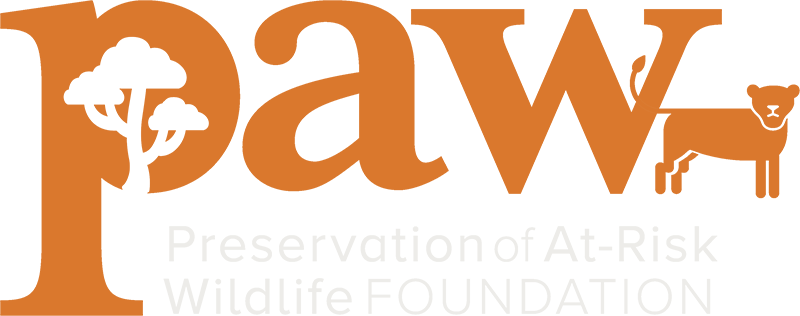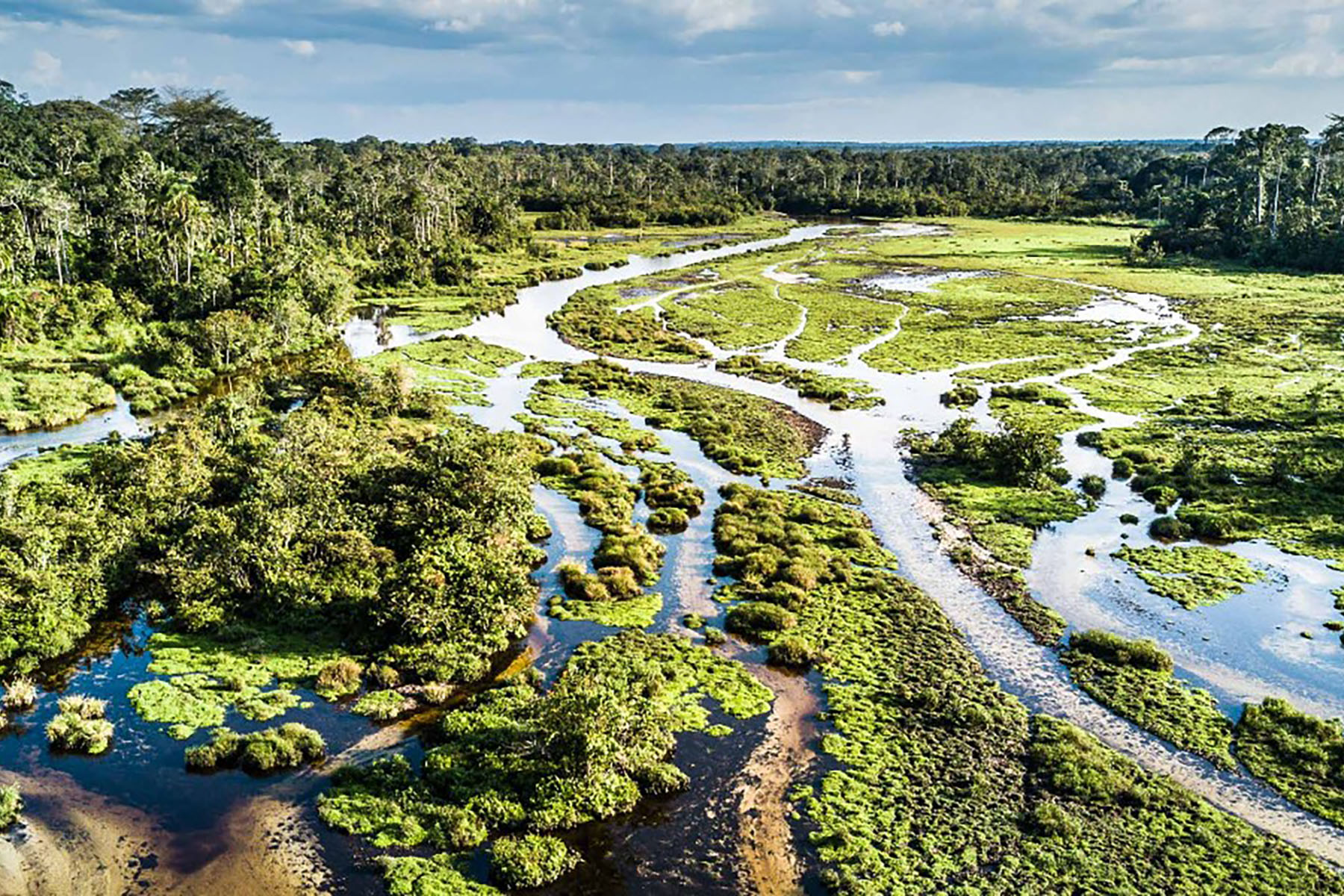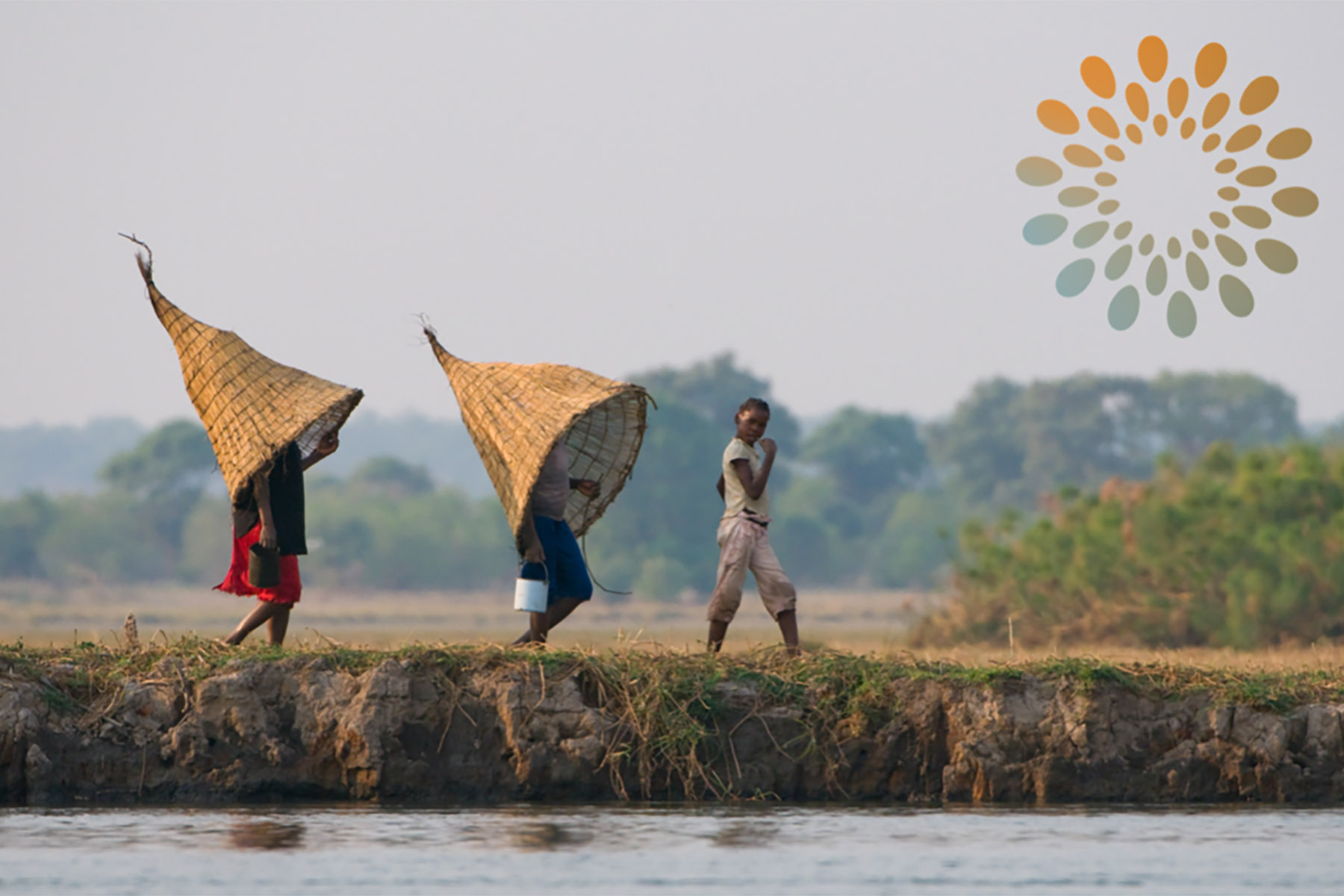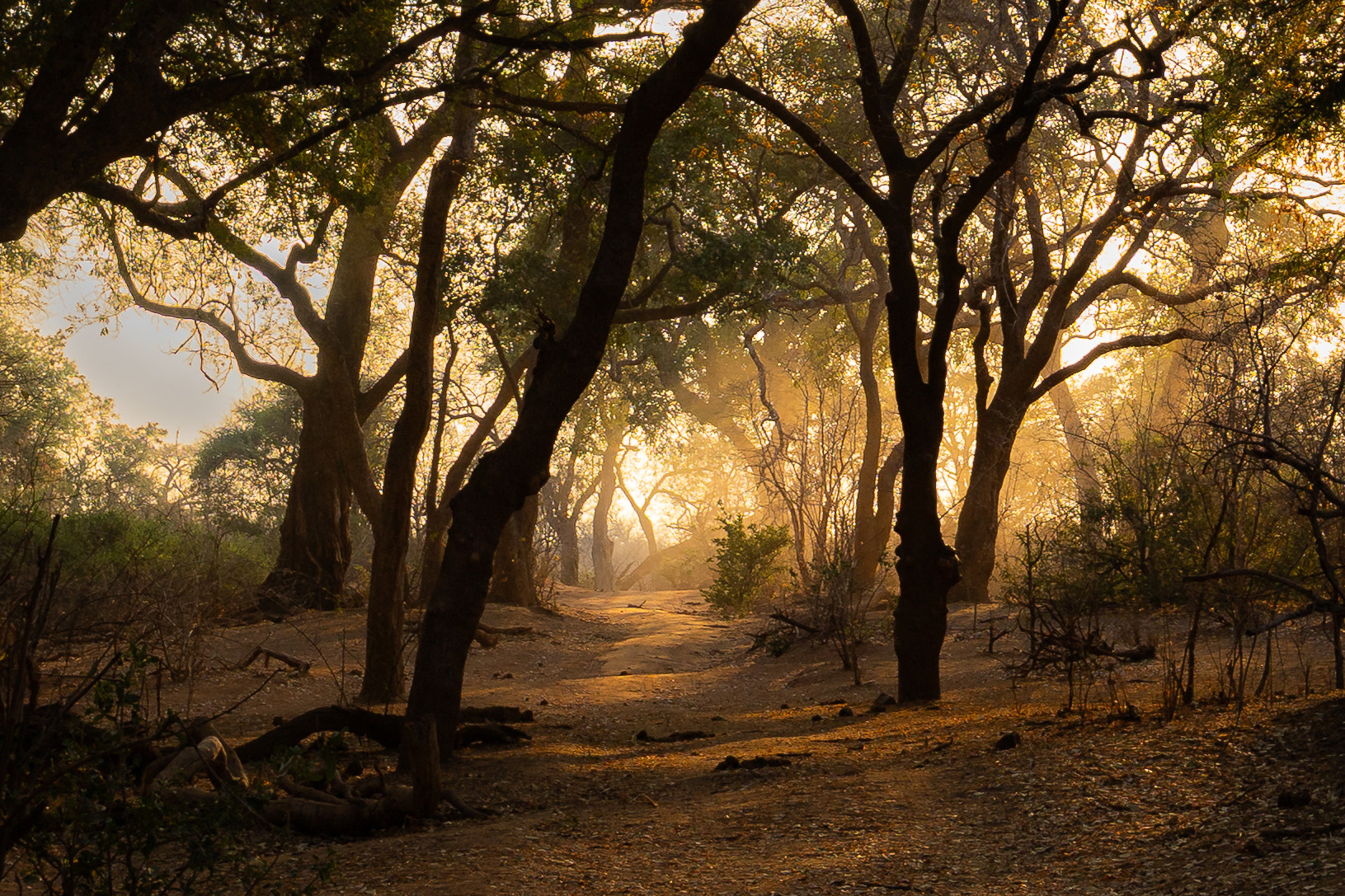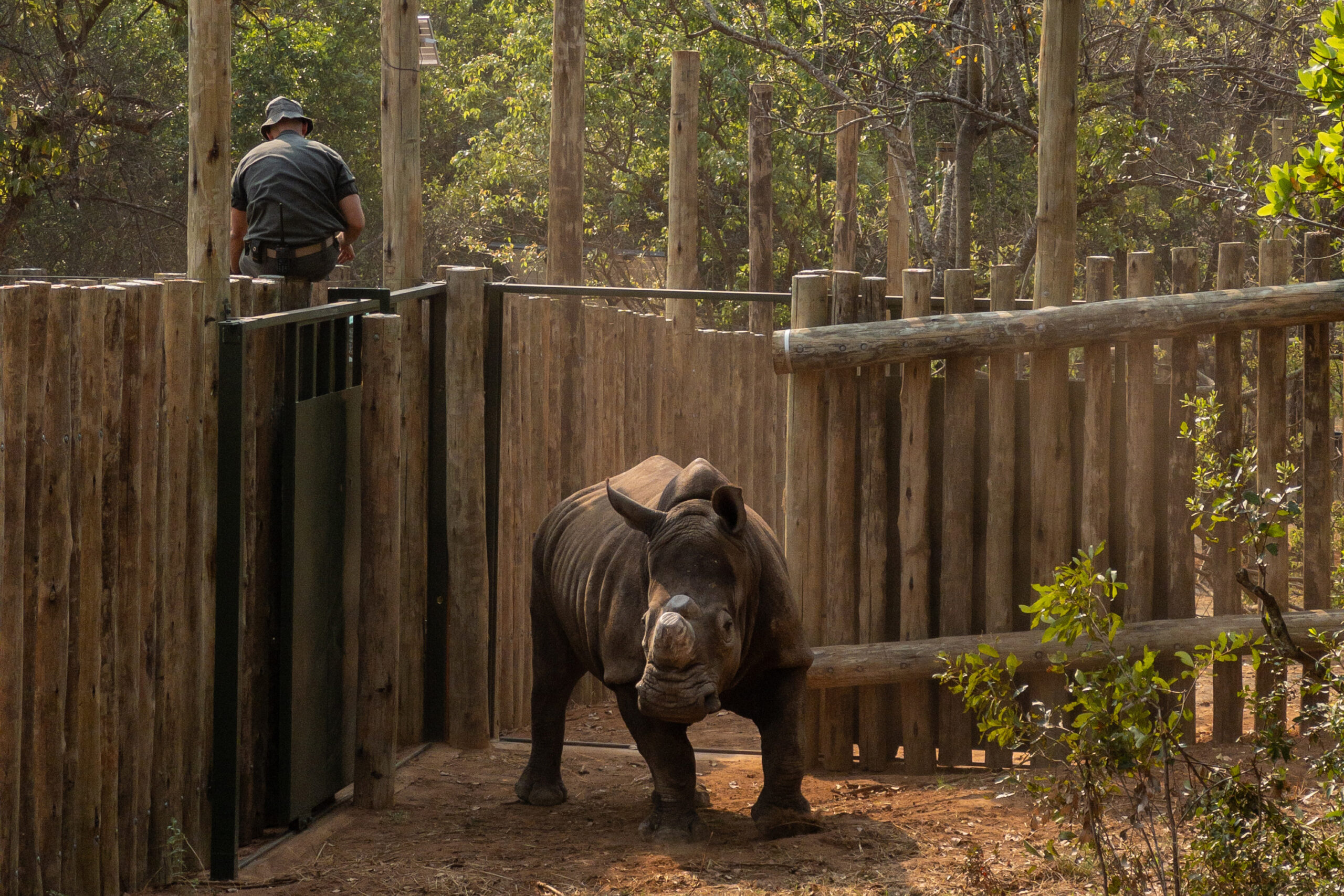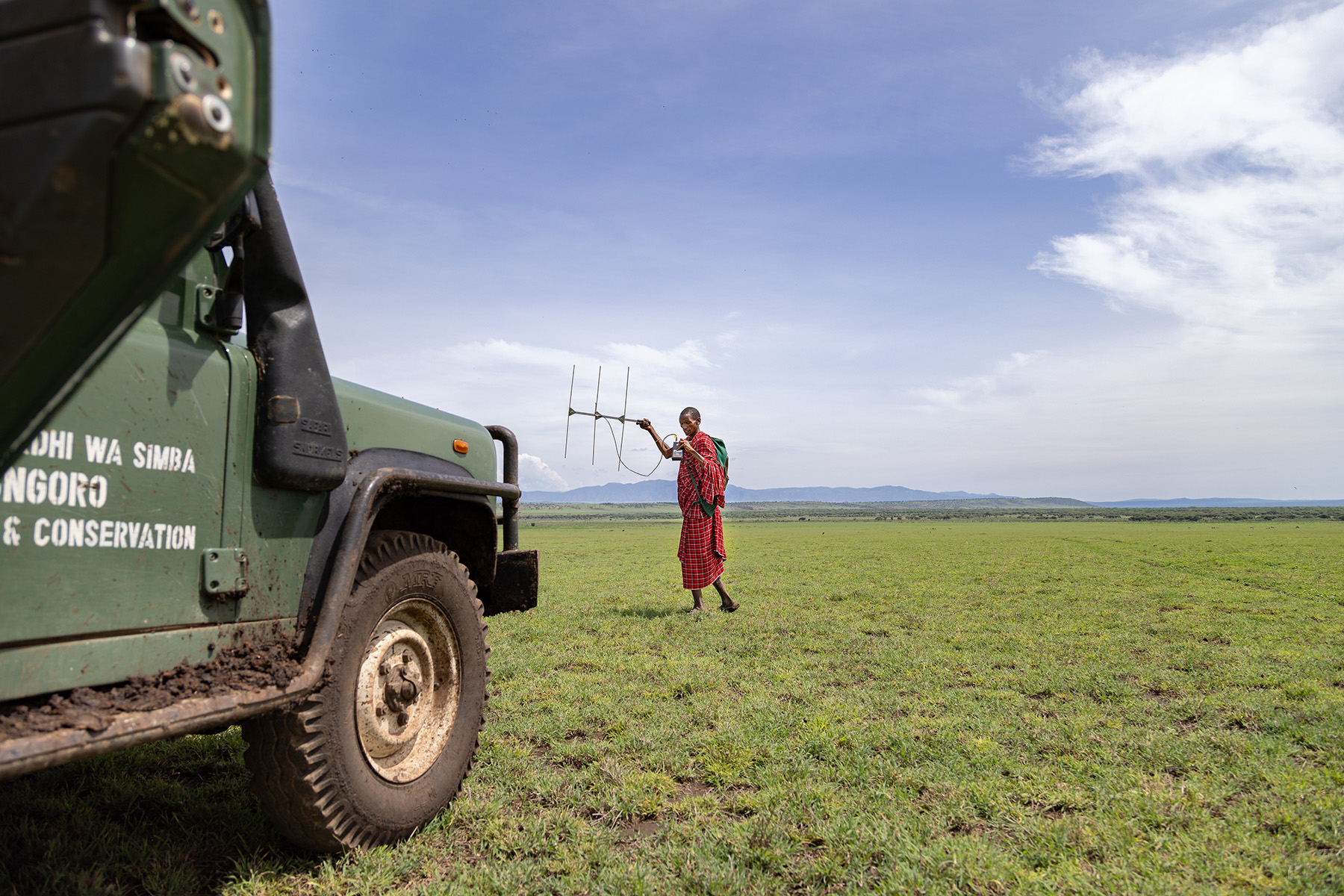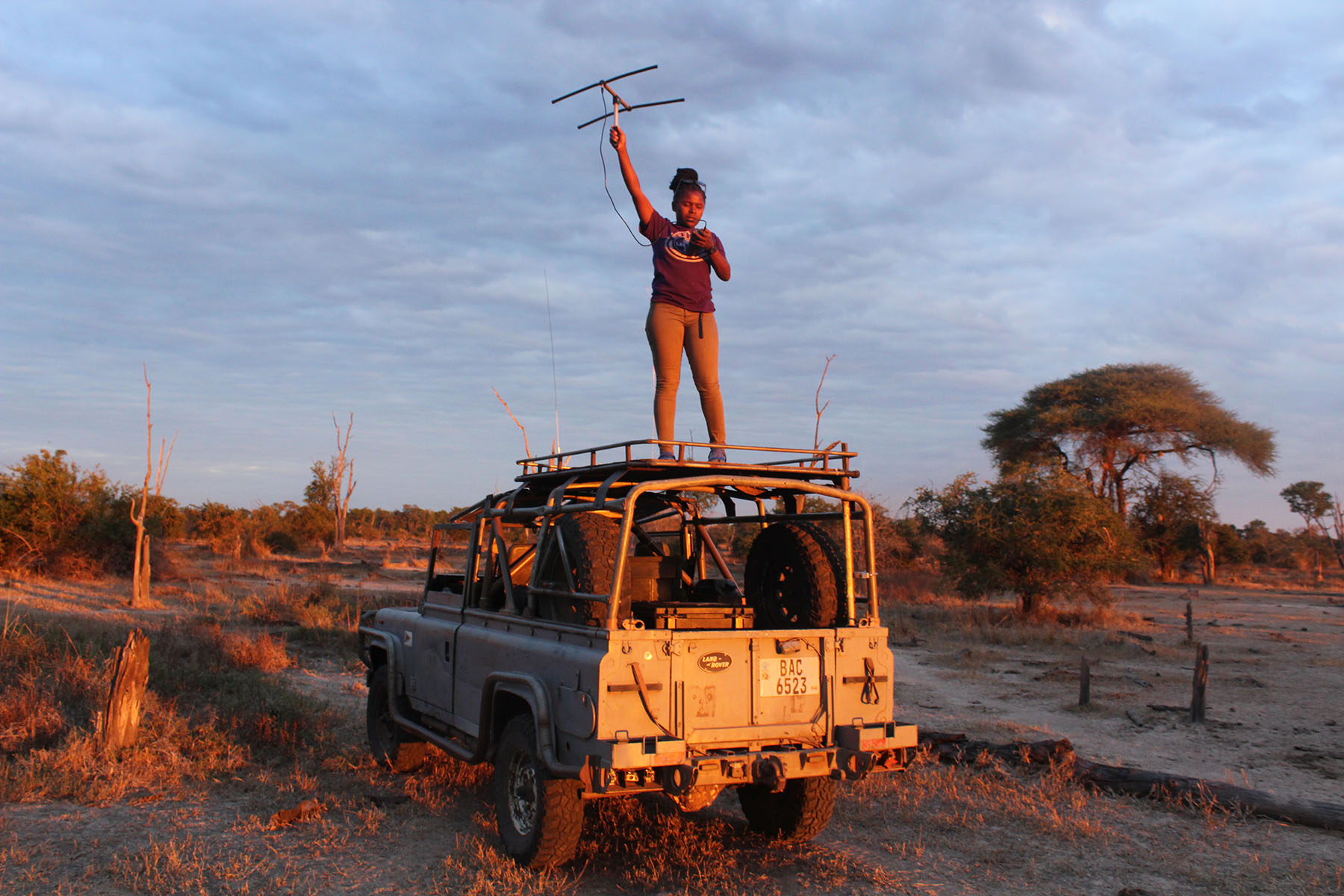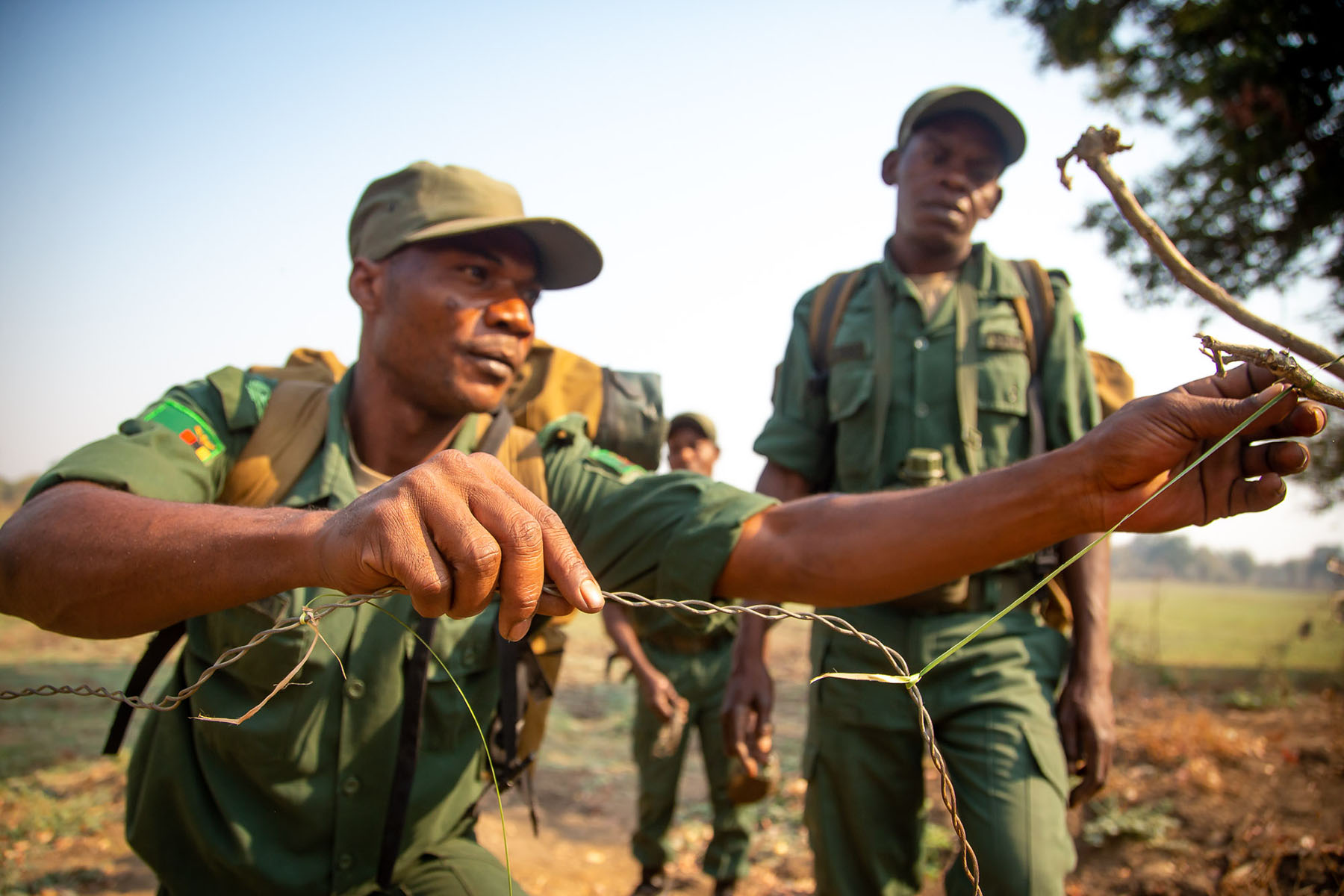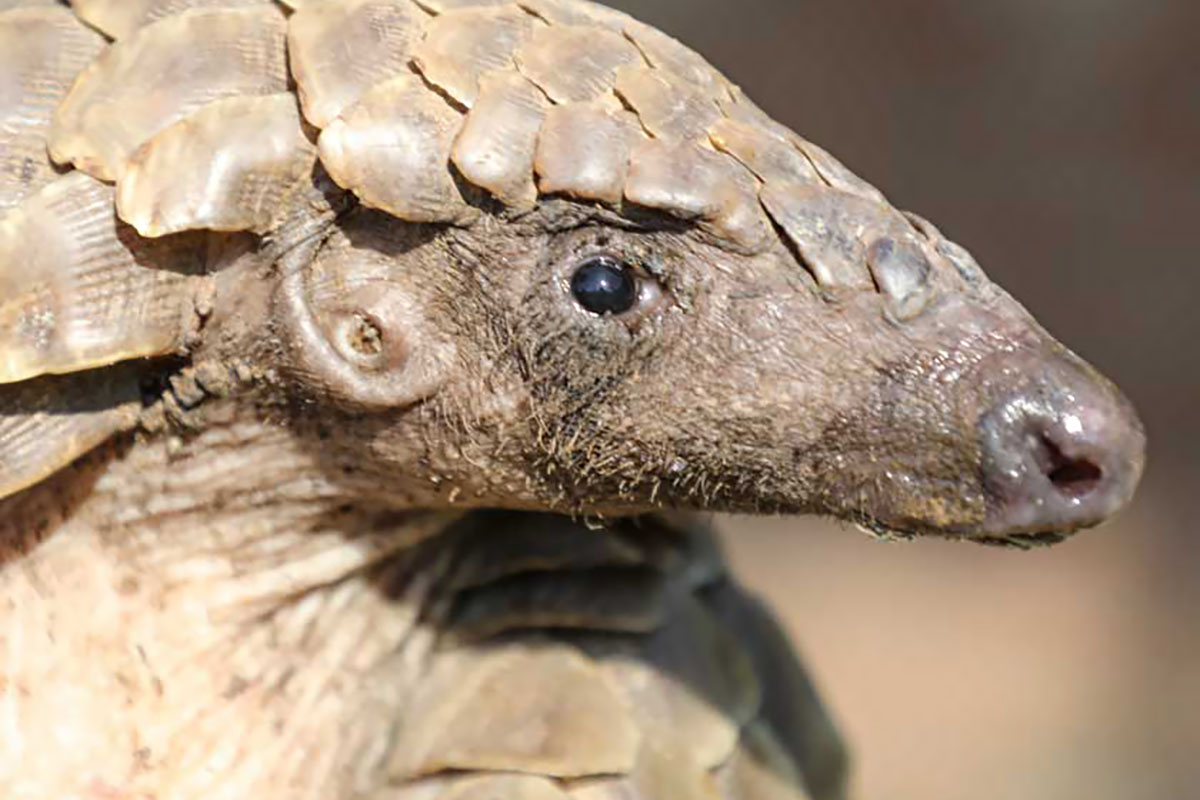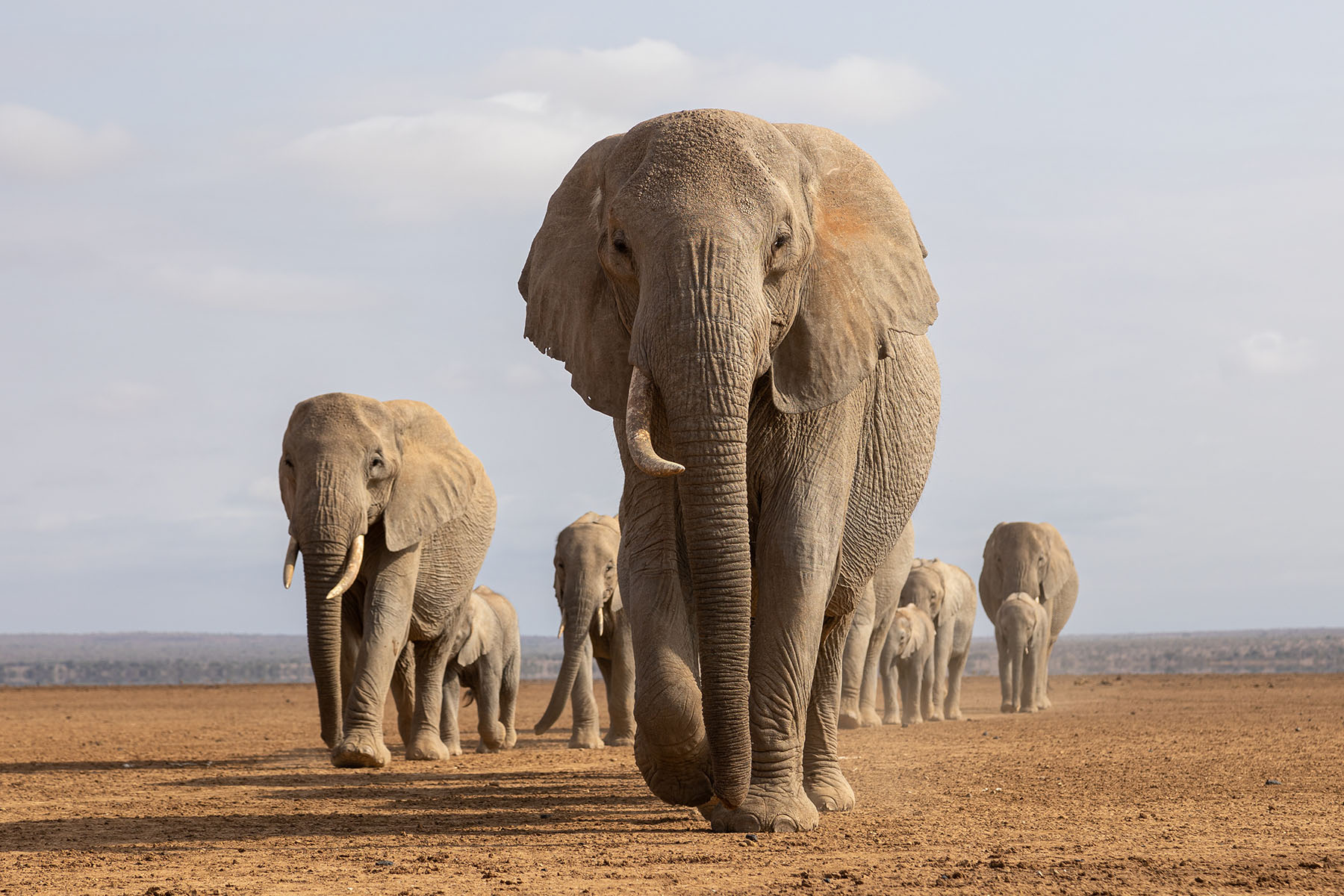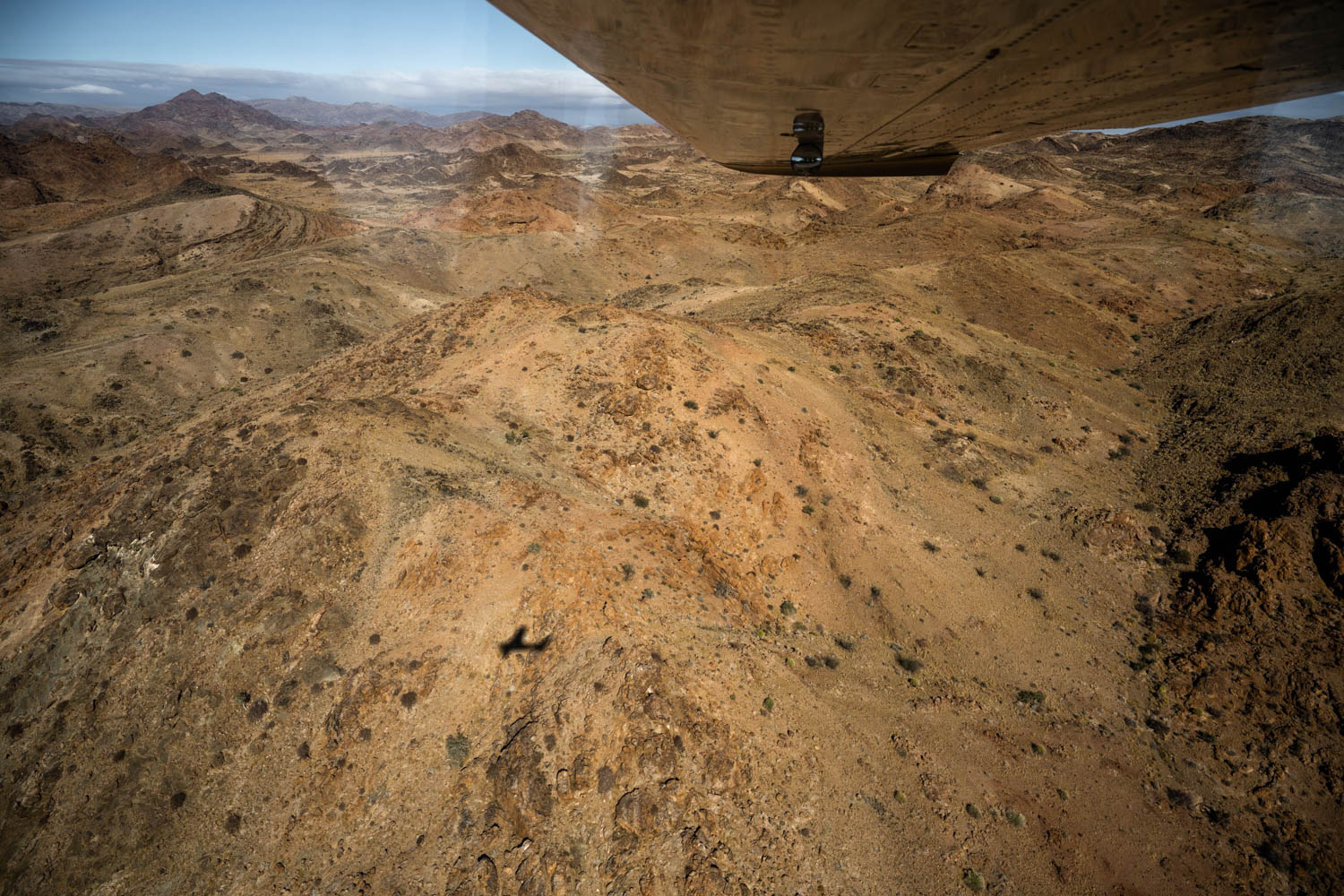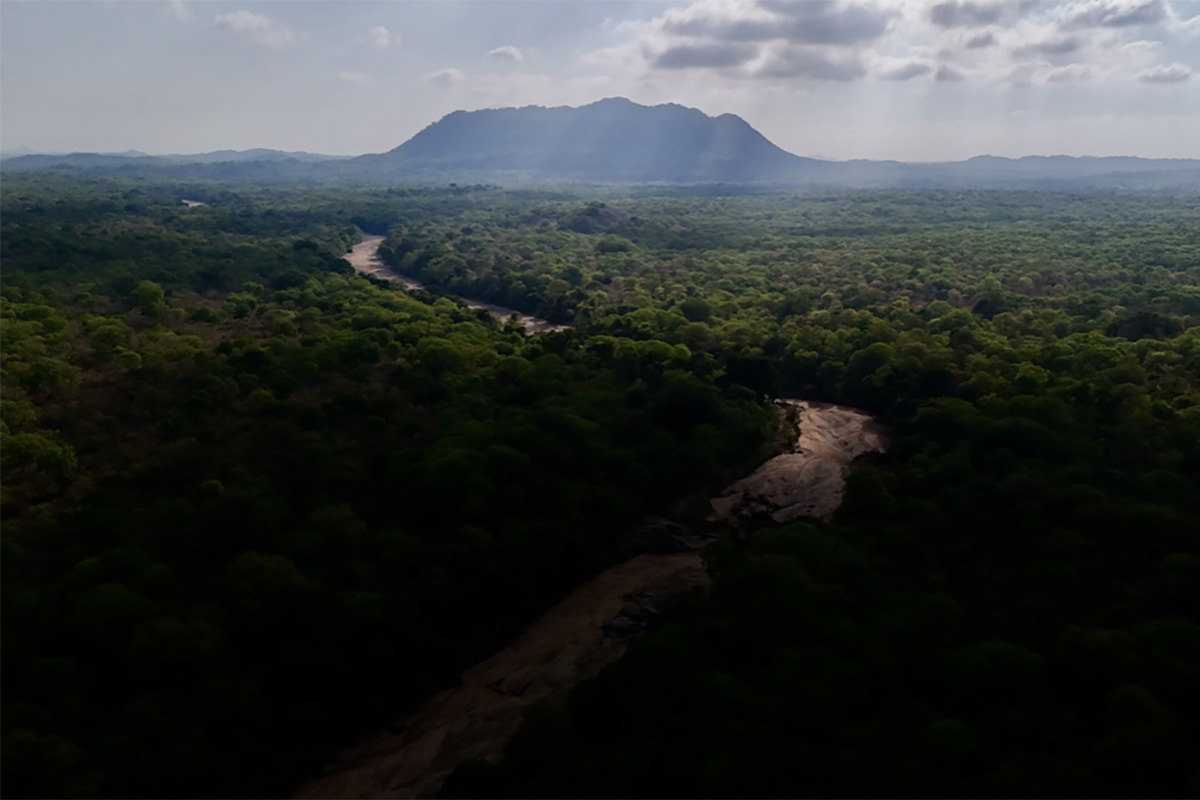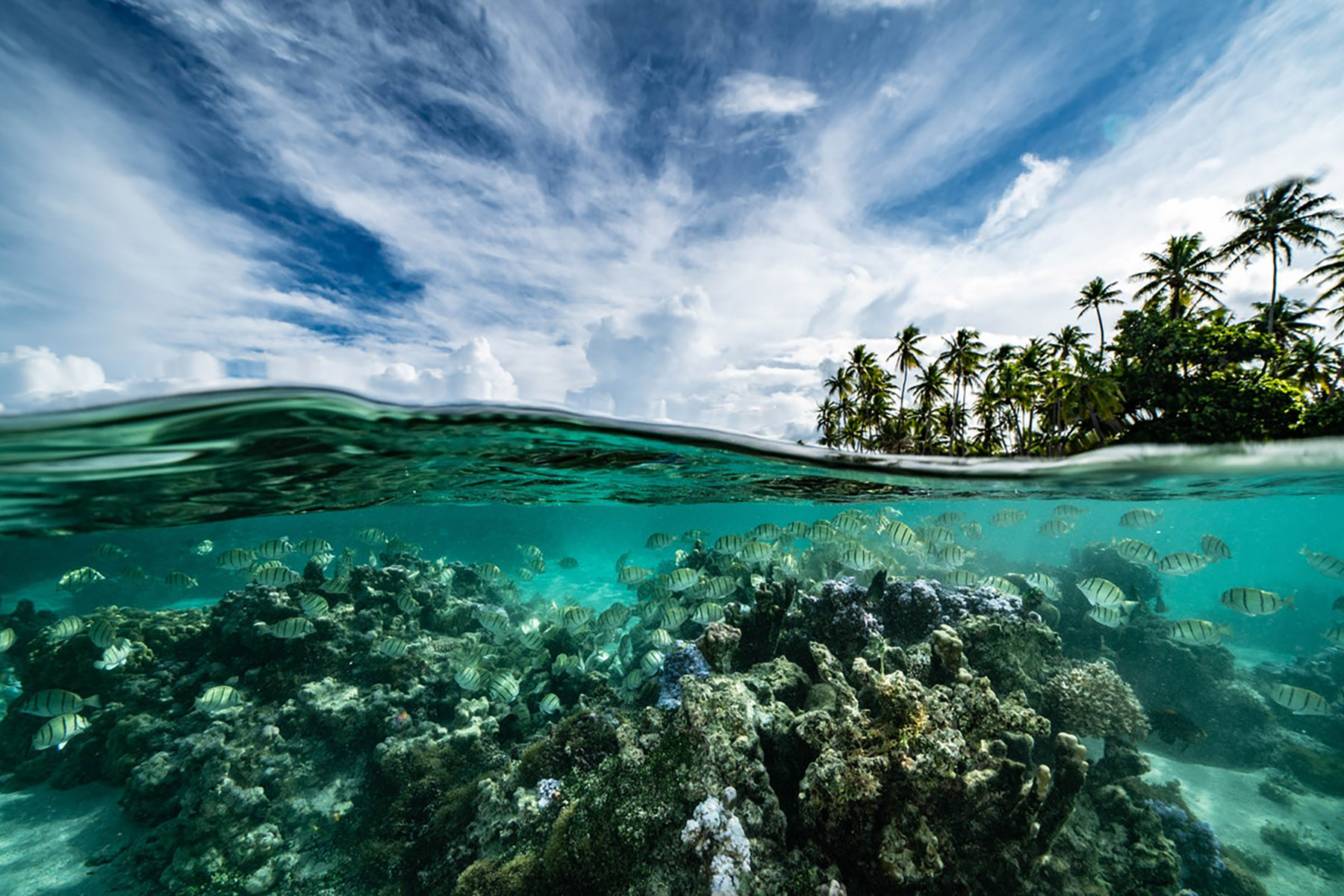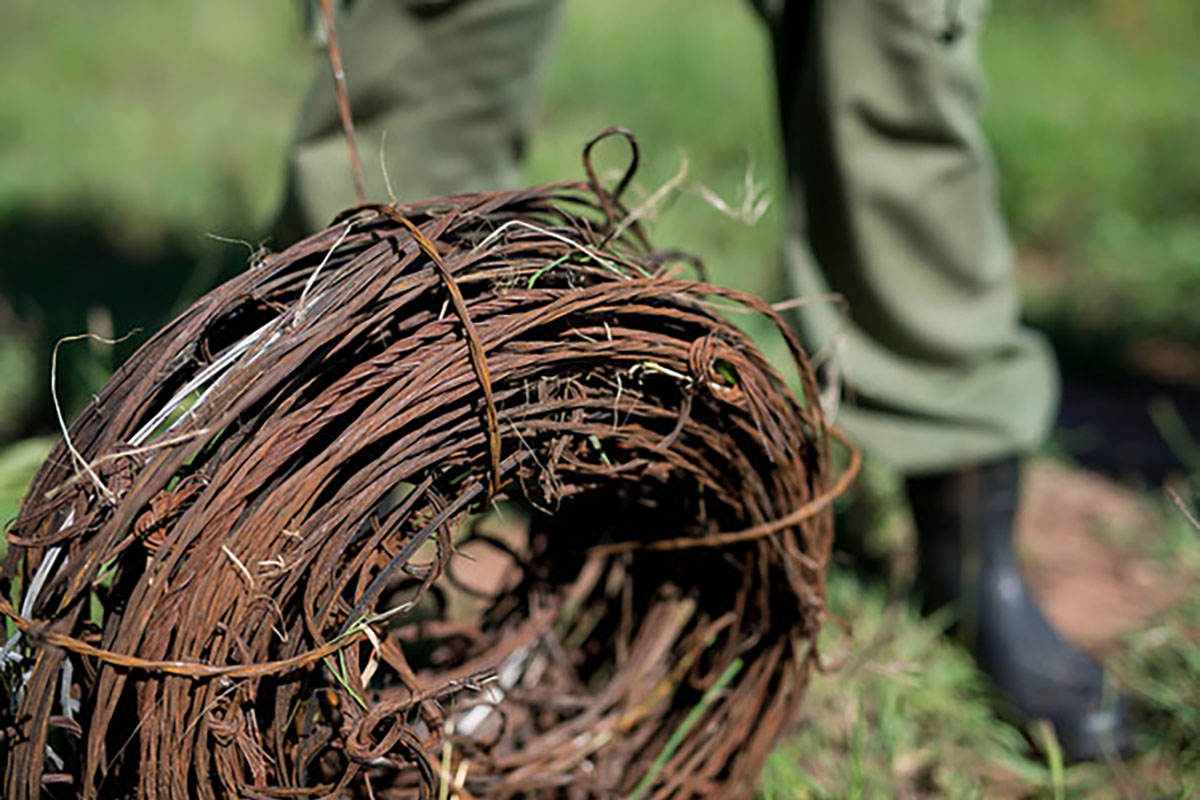Our Work
Our world is at a tipping point where pressure on wilderness, climate and biodiversity has never been greater. Our Foundation aims to mitigate this pressure through the support of impactful organizations and initiatives that protect critically important natural landscapes, reverse the decline of key species, and work closely with local communities to find sustainable solutions that benefit both human beings and the environment.
Our principal focus on the African continent comes from years of travel, study and research resulting in a strong contact base and understanding of many of the key issues impacting both wilderness areas and communities.
Our core strategy is defined by the following key priority areas:
- Preserving critical ecosystems
- Managing human / wildlife conflict
- Mitigating immediate threats, such as poaching and trafficking
- Prioritizing organizations with strong ties to the local community
- Focusing on projects where the majority of grant funding goes towards end programs
Projects & Grantees
The PAW Foundation is proud to partner with, and award grants to, many unique and exciting organizations and projects active in critical conservation work. Some of our grantees and the particular projects we support are highlighted in detail below.
Project: Ongoing management of 19 existing parks and protected areas across Africa, expansion into new critical landscapes and key species reintroductions and translocations
Grantee: African Parks
Summary: African Parks is building on two decades of innovation in the rehabilitation, conservation, and long-term management of some of Africa’s most critical landscapes. In close partnership with national governments, African Parks currently manages 19 national parks and protected areas in 11 countries covering over 14.7 million hectares, with a goal of managing 30 parks by 2030. This effort will be critical in mitigating the historic lack of funding for these parks and preventing biodiversity loss. Of equal importance is African Parks’ strong focus on economic development and poverty alleviation in surrounding communities to ensure long-term sustainability. Along with helping fund the ongoing management costs of existing protected areas and the expansion into new critical landscapes, the PAW Foundation is assisting with funding for key species reintroductions and translocations, with a vison to fully restore the ecological integrity of these landscapes.
Project: Core funding for project implementation & development, project funding for new concessions under Conserve’s management, and assistance in exploring new conservation finance mechanisms
Grantee: Conserve Global
Summary: As biodiversity loss and increasing human pressure pose an increasing threat to landscapes and wildlife across Africa, most protected areas remain severely under-resourced without sufficient capacity to respond to key threats, such as poaching. While most conservation effort and investment is concentrated in national parks, Conserve Global aims to secure critical areas outside these parks (such as former hunting concessions) that are key to the health of national parks themselves, acting as connective tissue between national parks and surrounding areas. These crucial buffer zones and corridors are now at-risk of being permanently lost to unsustainable development. Conserve aims to not only secure these lands for wildlife, but to ensure these secured concessions work for and on behalf of local communities. PAW funding and partnership will directly catalyze two new concession projects and contribute to the development of 30,000 km² under effective conservation management by the end of 2024, while also helping design new and pioneering financing tools for conservation.
Project: Provide funding to help Natural Capital develop a robust pipeline of investable conservation products, refine its groundbreaking investment model, and cultivate relationships with investors who share a vision of sustainable conservation.
Grantee: Natural Capital
Summary: As landscapes in Africa face increasing threats from population pressure and uncontrolled human development, Natural Capital is pioneering a new approach to conservation by redefining nature as a viable investment opportunity. Utilizing innovative financial models, Natural Capital aims to secure the long-term protection of Africa’s most precious and at-risk ecosystems through investments. Ranging from critically important wildlife corridors between national parks to lands with high biodiversity importance, Natural Capital identifies prime wilderness areas in Africa with strong investment potential and connects them to long-term investors seeking meaningful impact.
Project: Rescue, rehabilitation, rewilding, and ecosystem expansion for rhinos in South Africa
Grantee: Care For Wild
Summary: The poaching of wild rhinoceros for their horns has reached crisis level with the imminent threat of extinction a real possibility. In South Africa, the epicenter of the crisis, a rhino is killed for its horn every 22 hours on average. Care For Wild is actively involved in the rescue, rehabilitation, rewilding, and ongoing protection of both black and white rhinoceros in South Africa. PAW is proud to partner with Care For Wild with funds helping to pay for rapid rescue, ongoing protection and security, rehabilitation and rewilding, ecosystem expansion and community involvement initiatives.
Project: Conservation Incentive Payments (CIP) program and training of local lion/livestock custodians (Ilchokuti) to act as community liaison officers
Grantee: KopeLion
Summary: KopeLion drives many innovative initiatives tackling threats to lions (and ‘lionscapes’) across the Ngorongoro Conservation Area and southern Serengeti in Tanzania. Ongoing projects PAW supports include Conservation Incentive Payments paid to local villages in the Ngorongoro Conservation Area of Tanzania in return for community support of lion’s presence in the area and to incentivize reporting of lion sightings to KopeLion; human/wildlife conflict mitigation through the training of local lion/livestock custodians (Ilchokuti) to act as community liaison officers, assisting local communities with injured livestock from predator attacks.
Project: ZCP’s Woman in Wildlife Conservation Initiative
Grantee: Zambia Carnivore Program (ZCP)
Summary: Historically, field-based wildlife conservation in Africa has been largely dominated by men, and individuals and organizations from outside the local community. ZCP’s Woman in Wildlife Conservation Initiative provides training for women becoming scouts and researchers in Zambia (centered on South Luangwa National Park, Liuwa National Park and Kafue National Park) to foster a new generation of conservationists while empowering women and saving wildlife.
Project: Locally driven surveillance and antipoaching activities in South Luangwa National Park, Zambia
Grantee: Conservation South Luangwa (CSL)
Summary: Rangers, scouts and researchers are sourced from the local community to take part in critical field activities for Conservation South Luangwa (CSL). This work helps to preserve the key ecosystem of South Luangwa National Park and includes the monitoring of key species, such as wild dogs and lions, the acquisition of updated equipment (GPS collars, vehicles, etc.), and community outreach programs.
Project: Pangolin recovery and rehabilitation in Zimbabwe
Grantee: Tikki Hywood Foundation
Summary: Pangolins are the most heavily trafficked wild mammal in the world and facing extinction without urgent action. They are solitary, nocturnal creatures, and understanding of their geographic distribution is limited. Tikki Hywood are considered the African experts on the pangolin, and the rescue, captive care, orphan rearing, rehabilitation and release of these animals. They are also actively involved with advocating legislative change to protect the pangolin, anti-poaching efforts, following up on prosecution of poaching suspects, and the implementation of wildlife law.
Project: Supporting Big Life’s wildlife and community programs in the Amboseli-Tsavo-Kilimanjaro (Greater Amboseli) ecosystem.
Grantee: Big Life Foundation
Summary: Using innovative conservation strategies and collaborating closely with local communities, partner NGOs, national parks, and government agencies, Big Life seeks to protect and sustain East Africa’s wildlife and wild lands, including one of the greatest populations of elephants left in East Africa. Protecting over 1.6 million acres of wilderness in the Amboseli-Tsavo-Kilimanjaro ecosystem of East Africa, Big Life partners with local communities to protect nature for the benefit of all.
Project: Provide support for ORKCA and the //Gamaseb conservancy to increase and improve the exposure, experience, skills and operational capacity of its governing board and management team, as well as fund exposure trips for //Gamaseb Conservancy team to foster critical long-lasting relationships with established North-West conservancies and the Nama Richtersveld communities in South Africa.
Grantee: Orange River Karoo Conservation Area (ORKCA)
Summary: Orange River-Karoo Conservation Area (ORKCA), established in 2021, is a non-profit organization and the managing custodian of 160,000 hectares of southern Namibian wilderness with a vision to ecologically restore and rewild the wider ecosystem. Through partnership or purchase, ORKCA brings land units together to form one vast continuous conservation area with the ultimate aim to work in partnership to secure, restore and conserve 780,000 hectares of continuous transboundary (Namibia–South Africa) conservation land. ORKCA is also a community outreach organization working in partnership with local communities to generate opportunities within ORKCA and across the community conservancies of southern Namibia.
Project: Provide seed funding to support human-wildlife coexistence and peacebuilding efforts; eco-literacy and health initiatives for the next generation; community governance, including smart landscape zoning; ecological integrity initiatives, knowledge-building, performance monitoring; and the jump start of nature-based economies and climate resilience efforts.
Grantee: Associação Natura Moçambique (Natura)
Summary: In 2024, Associação Natura entered a long-term agreement with the government of Mozambique to lead restoration and protection of a 4,800 km2 sector of the Macossa-Tambara ecosystem in Central Mozambique in partnership with local communities. Situated in the Lower-Zambezi River Basin, with Gorongosa Mountain to its east, and the Manica Highlands bordering Zimbabwe to its west, the Macossa-Tambara ecosystem is a vast Miombo forest and home to a wealth of biodiversity including elephants, lions, pangolin, leopard, and array of endemics. It is also home communities that depend on this ecosystem as they have for centuries past but who now face increasingly severe impacts from climate instability and change, deforestation, and growing regional instability.
Project: Digital platform to drive awareness and action on threats to important marine ecosystems with goal of 30% protection by 2030
Grantee: Only One
Summary: Only One is a new digital platform that harnesses the power of storytelling, collective action, and crowdfunding to rebuild ocean life and ecosystems. Grounded in the powerful visual storytelling of SeaLegacy—founded by National Geographic photographers Cristina Mittermeier and Paul Nicklen—the platform’s world-class content will inform audiences about the issues threatening the ocean and coastal communities, and present impactful actions to support critical solutions. A central component of this mission is to catalyze the global movement to fully protect 30% of critical global marine ecosystems from extractive activities by the year 2030. To this end, Only One develops and executes content and advocacy strategies that support local partners’ work to designate, implement, and manage Marine Protected Areas (MPAs) across the globe. PAW funding as a member of ‘The Current’ will support the core operations of Only One and enable 100% of grassroots contributions raised on the platform to go directly to ocean projects.
Project: Serengeti De-snaring and Anti-poaching program
Grantee: Frankfurt Zoological Society (FZS)
Summary: Coordinated by the Frankfurt Zoological Society (FZS) and conducted by Tanzania National Parks (TANAPA), this project employs teams of ex-poachers that move through the park, removing snares and freeing trapped animals. Since the onset of restrictions in 2020 due to the COVID-19 pandemic, the laying of snares for bushmeat has become ever more pervasive and the funding from tourism has dried up. Organizational support from the private sector, including our Foundation, has filled the void and remains critical going forward.

